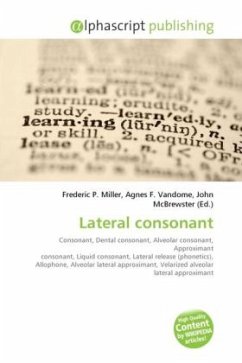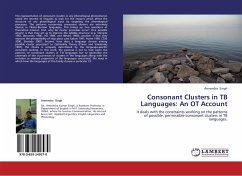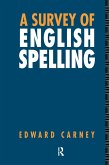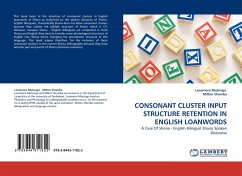High Quality Content by WIKIPEDIA articles! Clicks are speech sounds found as consonants in many languages of southern Africa, and in three languages of East Africa. Examples of these sounds familiar to English speakers are the tsk! tsk! (American English) or tut-tut (British English) used to express disapproval or pity, the tchick! used to spur on a horse, and the clip-clop! sound children make to imitate a horse trotting. Technically, clicks are obstruents articulated with two closures (points of contact) in the mouth, one forward and one at the back. The pocket of air enclosed between is rarefied by a sucking action of the tongue (i.e. clicks have a velaric/lingual ingressive airstream mechanism). The forward closure is then released, producing what may be the loudest consonants in the language, although in some languages such as Hadza and Sandawe, clicks can be more subtle and may even be mistaken for ejective stops.
Bitte wählen Sie Ihr Anliegen aus.
Rechnungen
Retourenschein anfordern
Bestellstatus
Storno








